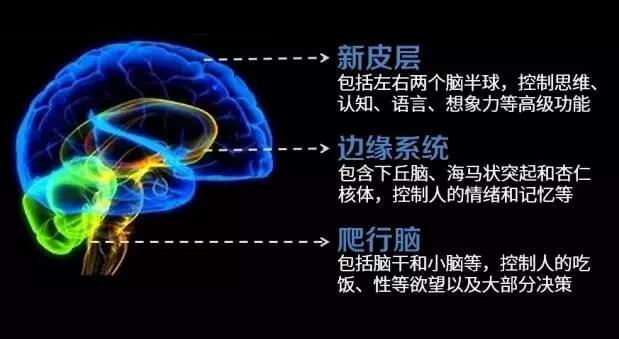No matter how good the content of the article is, the title directly determines whether the user will click on your article.
Or it decides whether the user will continue to read.
This has been the case from the era of print media decades ago to the current social media.
There are many techniques to write a title that are recognized and verified by everyone:
For example, you can create suspense, curiosity, related to "sex", related to "me", include conflicts, use specific numbers, describe details, follow hot topics, and accompany big shots, use comparisons, stimulate pain points, provide solutions, and highlight interests;
Create an urgent atmosphere, emphasize scarcity, indicate region, promise value, use big Vs to endorse, take stock of collections, add modifiers before and after, suggest danger, have guidance and suggestions, directly indicate beneficiaries, stimulate emotions, etc.

The purpose is nothing more than: to make readers interested in clicking on the article.
The functions are: attracting eyes, creating curiosity, stimulating interest, stimulating desire, emotional resonance, guiding actions, etc.
When users quickly browse many titles every day, they basically make quick decisions, either clicking or not clicking, and there will be no rational and precise analysis involved.
Therefore, if users click on your title in the end, this is a fleeting thing. It cannot stimulate their "crawling brains" and cannot let them make decisions immediately, and then there will be nothing else.
Speaking of this, let me give you some popular science:
As we all know, all our behaviors are dominated by the brain. Neurology expert Paul McCrean once proposed the hypothesis of "the three major brains of human beings". According to the order of evolution, the human brain can be divided into three different functional areas:
Crawling brain - the primitive brain, which controls almost all desires and instincts such as eating, sex, and enjoyment, and also controls most of human decisions. It is stupid, impulsive, lack of vision and desire to be satisfied immediately.
The limbic system – the emotional brain, including the hypothalamus, hippocampal protrusions and amygdala, controls people's emotions, emotions and long-term memory, which is emotional.
Neocort - the rational brain, including the left and right hemispheres, control all "advanced" functions such as thinking, logic, language, imagination, etc.
Due to evolutionary issues, these brains run independently at the same time, but the crawling brain controls most of the daily decisions, especially some unimportant decisions. The decisions that need to be made immediately are basically completed by it. It's like seeing the title decides whether to click to enter.
It does not do complex analysis, but only makes decisions based on some of the most basic information and desires.
For example, when we see handsome men and beautiful women, we will look at them naturally; for example, when we see food pictures, we will find them very delicious; for example, when we believe what everyone is talking about, we will believe them, etc., without rational analysis.
I will talk about the brain in detail later.
Going back to the title, in fact, when we look at the title of the article, we basically make decisions by the crawling brain and the limbic system. For example, the verified title techniques mentioned above are mainly to "control" the crawling brain and limbic system.
Direct visual impact, the first reaction affects us.
This leads to rational and complex analysis that basically cannot solve the title problem. What we need is to extract one or more excitement points and present them in the title intuitively, which can stimulate the user's crawling brain and limbic system in one go.
To put it simply, the title requires multiple keywords that can directly stimulate the crawling brain. There is no need to analyze it, and it will be "electrically shocked" at a glance. I call it the title detonation word.
Including many titles now like to use prefixes and suffixes, such as collections, recommendations, dry goods, etc., these are all detonating words.
You can take a look at the titles on the web page I took below and experience the detonating words.

Are there always some detonating words that arouse your desire to click?
The function of these detonating words is to highlight the highlights of the content on the one hand, attract the user's attention, and make him subconsciously (actually dominated by the crawling brain) have the urge to click.
On the other hand, it actually enlarges the effect of the title techniques mentioned in the article. (The title skills of the article are actually just to solve the stupid crawling brain)
Therefore, many books, self-media and even institutions have specialized in studying which keywords will increase the title click rate and which words will reduce the title click rate.

Therefore, the new advertising law that shocked the advertising circle last year also focused on cracking down on a number of extreme words. It is precisely because these words are most likely to influence our crawling brains, causing us to make decisions without knowing it.
Thank you for your attention and support to Laogao Crown Club . Please indicate the source of the reprinting website www.shxuanming.net
Click to register to apply to join the well-known e-commerce network - Laogao Crown Club. Any businesses, Tmall merchants, Taobao Crown Stores, Jinguan Stores, and other e-commerce platform merchants can apply to join!









 EN
EN CN
CN
